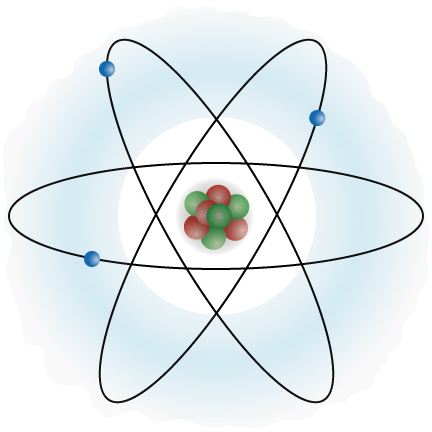Scientists Tout Photonic Chip As Quantum Chip Breakthrough
Researchers say they have developed the first quantum computer device that can create, manipulate and measure particle interaction on a small chip.

They hope that their quantum computer chip will help physicists in their efforts to better understand and characterize quantum circuits.
According to Jeremy O'Brien, Director of the Centre for Quantum Photonics, the chip is just 70 mm by 3 mm in size and performs multiple experiments that "would each ordinarily be carried out on an optical bench the size of a large dining table." The device integrates a network of channels that route and manipulate light particles. There are eight configurable electrodes that enable the circuit to affect photon pairs and produce "any possible entangled state of two photons or any mixed state of one photon," the researchers claim.
"In order to build a quantum computer, we not only need to be able to control complex phenomena such as entanglement and mixture, but we need to be able to do this on a chip, so that we can scalably and practically duplicate many such miniature circuits—in much the same way as the modern computers we have today," said O'Brien. "Our device enables this and we believe it is a major step forward towards optical quantum computing."
The scientist have invested six years of development in their chip so far and now intend to scale its complexity.
Stay on the Cutting Edge
Join the experts who read Tom's Hardware for the inside track on enthusiast PC tech news — and have for over 25 years. We'll send breaking news and in-depth reviews of CPUs, GPUs, AI, maker hardware and more straight to your inbox.
-
alyoshka I may have got it wrong, but, isn't this going the other way round? I don't think we'd have had Microchips if it wasn't for quantum computing.Reply -
freggo 70mm by 3mm. Does not sound like a 'chip' to me; more like a "quantum stick" :-)Reply
Could it be that someone got the measurement conversions fudged up ?
-
jellico RealityClashCan't wait for the day when quantum computers become available to the public...If and when they do crack the quantum computing nut, it will be a great day for computer technology and a black day for privacy and security as it would render all currently known and utilized forms of cryptography obsolete.Reply -
southernshark freggo70mm by 3mm. Does not sound like a 'chip' to me; more like a "quantum stick" :-)Could it be that someone got the measurement conversions fudged up ?Reply
Its first gen technology. -
hoofhearted Meanwhile in other news, scientists make use of Shor's algorithm to bankrupt the worldReply -
T-Bone jellicoIf and when they do crack the quantum computing nut, it will be a great day for computer technology and a black day for privacy and security as it would render all currently known and utilized forms of cryptography obsolete.Reply
Not necessarily. (1) Most likely, important data (banking, national security, etc.) will have quantum computing way before people do. (2) Most likely, important data (banking, national security, etc.) will have quantum encryption way before people have quantum computing. From what I hear, it's already the case! (3) If the current encryption has a sufficient number of bits, then first available quantum computers might not be powerful enough to crack the encryption in a reasonable amount of time.
Most Popular


